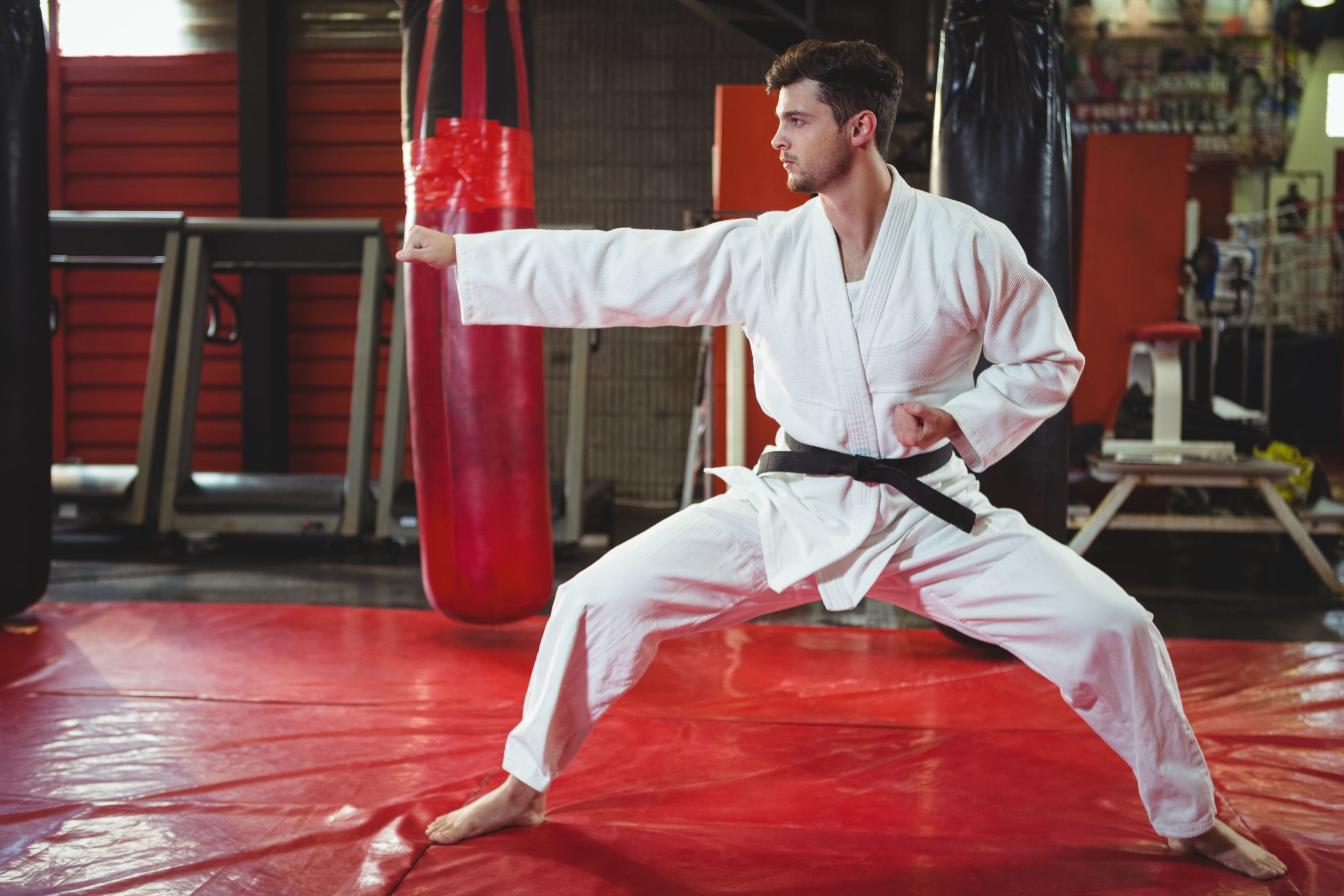How Martial Arts Transcends Movement: A Path to Healing and Mental Wellness

Martial arts, often perceived as a physical discipline, holds the power to transcend mere movement and become a profound journey towards healing, resilience, and improved mental health. Beyond the kicks, punches, and blocks lies a transformative experience that has the potential to benefit trauma survivors and individuals struggling with mental health challenges. In this blog, we explore how the practice of martial arts offers a unique avenue for growth, empowerment, and healing.
1. Empowerment through Self-Awareness:
Martial arts encourages practitioners to develop a deep connection with their bodies, fostering a heightened sense of self-awareness. This heightened awareness is a crucial first step in healing from trauma, as it allows individuals to reconnect with their physical sensations, emotions, and thoughts. By cultivating this connection, survivors can begin to regain control over their bodies and emotions, laying the foundation for healing and recovery.
2. Reclaiming Personal Boundaries:
Trauma often shatters a person’s sense of safety and personal boundaries. Martial arts training emphasizes the importance of boundaries in both physical and mental spaces. Through practicing techniques like blocking and evading, survivors can experience a tangible representation of setting and maintaining boundaries. This empowerment within the training environment can extend into daily life, helping survivors rebuild a sense of agency and control over their experiences.
3. Building Resilience:
The journey in martial arts is marked by progress and setbacks, cultivating resilience and a growth mindset. This resilience can be incredibly empowering for trauma survivors, who often face challenges that seem insurmountable. Overcoming physical and mental obstacles in the dojo can translate into a newfound belief in one’s ability to overcome challenges outside of it.
4. Mind-Body Connection:
Martial arts fosters a strong connection between the mind and body, promoting a state of mindfulness that is beneficial for mental health. The focus required to perform techniques and routines demands present-moment awareness, allowing practitioners to temporarily escape from intrusive thoughts and anxieties. This mental respite can provide relief to those grappling with trauma-related symptoms.
5. Sense of Community and Support:
Martial arts dojos often serve as tight-knit communities, offering a sense of belonging and support. For trauma survivors who may feel isolated or disconnected, this community can provide a safe space to heal and grow. Shared goals, mutual encouragement, and a supportive environment can significantly contribute to improved mental well-being.
Martial arts, with its rich blend of physical training and mental discipline, transcends movement to become a transformative journey towards healing and mental wellness. By fostering self-awareness, reclaiming personal boundaries, building resilience, nurturing the mind-body connection, and offering a sense of community, martial arts can serve as a powerful tool for trauma survivors and individuals facing mental health challenges. As practitioners embark on this path of empowerment, they discover that martial arts is not merely a collection of techniques, but a holistic approach to healing and growth.
